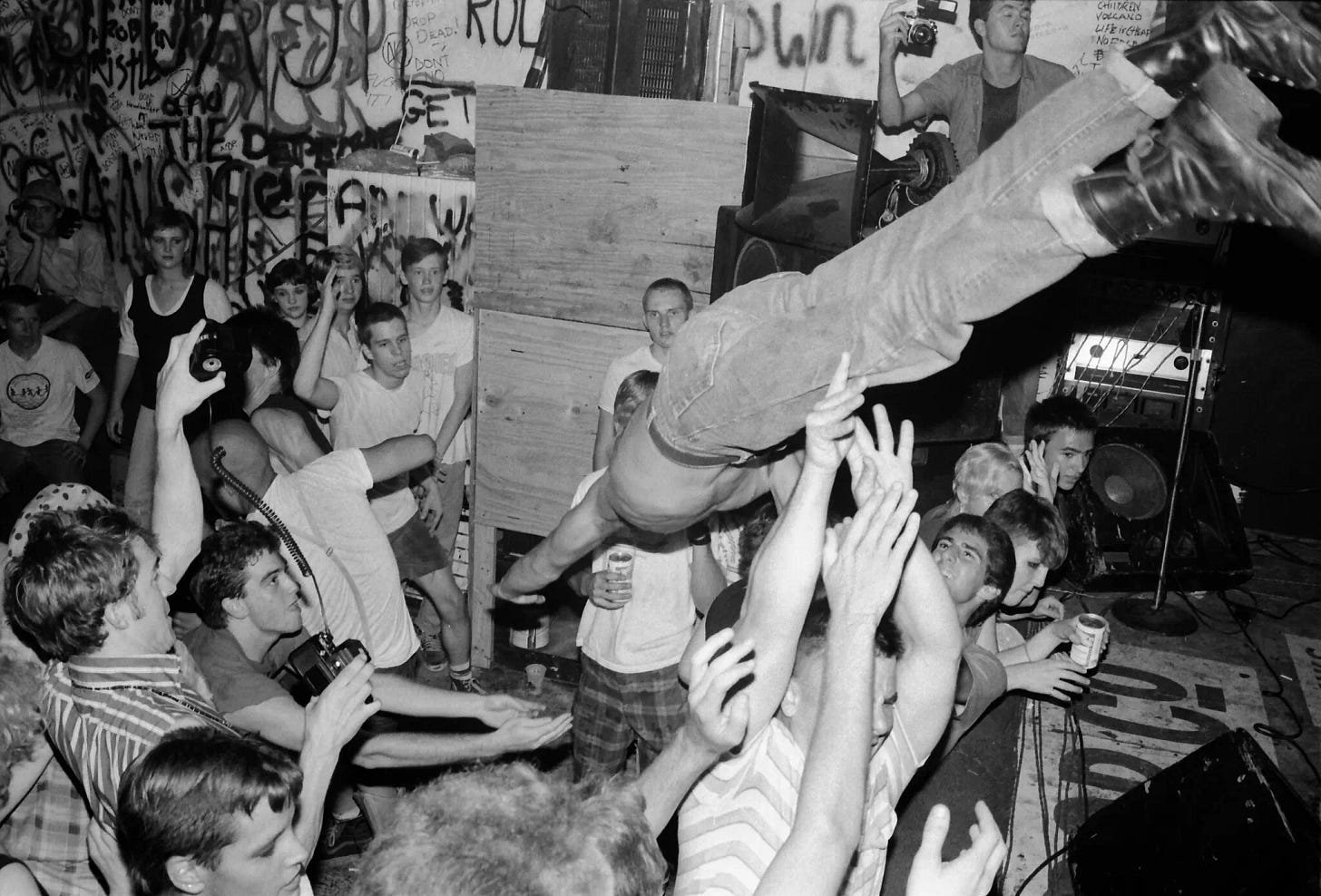Scenemaking > Sensemaking
The term sensemaking was first used in organizational studies by Karl E. Weick. Different schools of sensemaking (or sense-making) emerged since the term was introduced: Weick's sensemaking in organizations, Brenda Dervin's Sense-Making Methodology, Gary Klein's The Data-Frame Theory of Sensemaking, and David Snowden's Cyefine Framework. Snowden defines…
Keep reading with a 7-day free trial
Subscribe to Less Foolish to keep reading this post and get 7 days of free access to the full post archives.

